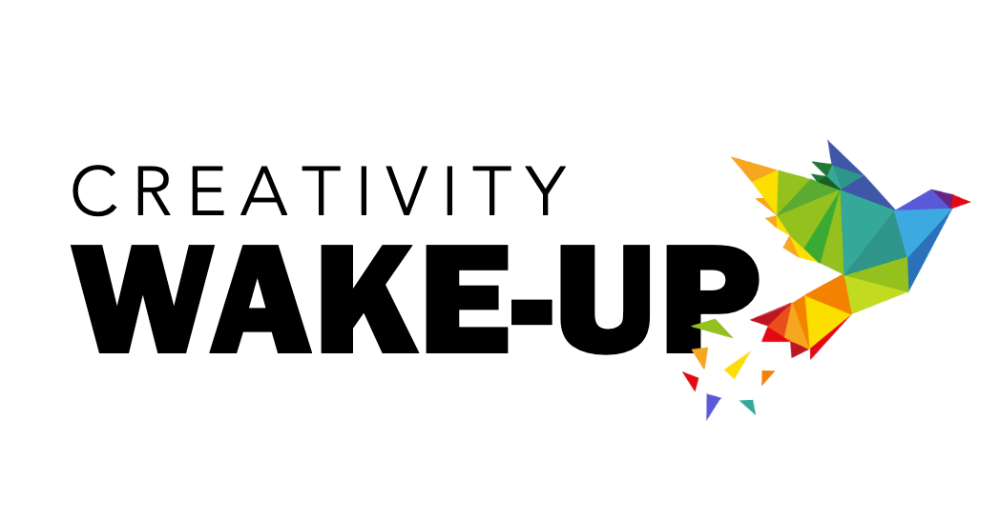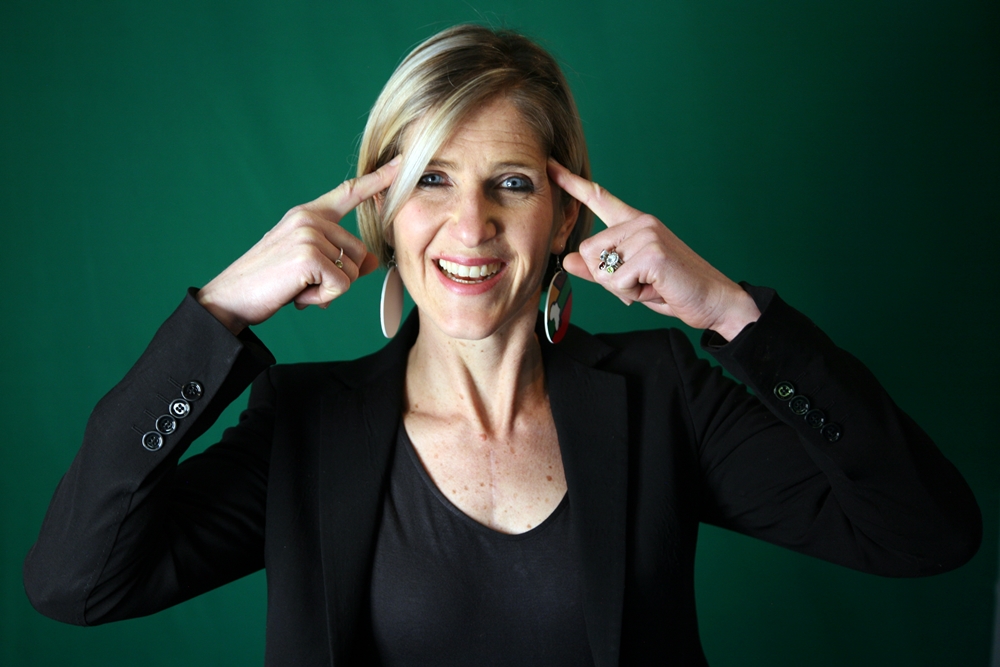Get on the road to creative confidence
I'll never forget what he said.
I heard him say it on a podcast. It was a talk about getting to where you want to go. The voice coming through my earphones was Andy Stanley and he was talking about how to achieve your goals. He said something so profound that it changed my behaviour immediately. Yet, when you read what it was that he said, you may be surprised at how simple it is (or how simple I am!)
What he said was, and I'm paraphrasing: if you want to get to Cape Town, no matter how fast you drive or how determined you are, if you are on the road to Durban, you are not going to arrive at Cape Town.
Drop the mic.
No seriously... it suddenly made so much sense to me. What it comes down to is getting yourself onto the road that will take you to your destination. It seems so obvious, but so many of us have dreams and hopes and desires, but have not yet steered our car onto the road that will take us to the place where we achieve them. We procrastinate, we hesitate, we don't know where to start, we doubt ourselves, we doubt our dream, we wait for the right time, we think we need to get other things in place first, and so it goes. All the while, we are driving to another destination.
The road to get you to where you want to be will likely be long one. If your destination is Cape Town and if you're coming from Johannesburg, that road will take you through a lot of hot and empty desert before you hit any mountains. However, the sooner you get on it the better.
"Your direction, not your intention, determines your destination." Andy Stanley
If you want to tap into your creative potential, be able to cope better with change, be more resilient, see possibility in challenge and become a better problem solver, then you need to get yourself on the road to creative confidence.
How you get onto that road?
Great question.
There are many ways to get onto that road. One of them is by building tiny creative habits into your life.
Here are three simple things to try. I dare you to pick just one of these to try this week. Share your observations with me at [email protected].
1. Disrupt your patterns
2. Broaden your knowledge
3. Build in unfocus time
1. Disrupt your patterns

Photo by Tim Johnson on Unsplash
The first creative practice is to disrupt your patterns. Creativity researcher Robert Epstein has this to say about disrupting patterns: “When you surround yourself with unusual social or environmental stimuli or unusual combinations of such stimuli, you open yourself up to creative thinking. In a practical sense, this means doing simple things like putting unusual objects on one’s desk, rearranging furniture, or bringing together unusual combinations of people on teams or at social gatherings."
Physician and psychologist Edward de Bono puts it like this: “The normal behaviour of the brain in perception is to set up routine patterns and to follow these. In order to cut across patterns we need to use deliberate techniques.”
When the CEO and founder of Innovators Box, Monica Kang, wanted to develop her thinking she started with small changes. Instead of taking the 25-minute bus ride to work, she took a 45-minute walk. Instead of going to her regular Starbucks spot, she started trying out new coffee places a few blocks away. She started listening to music that she doesn’t normally listen to and attending events where she barely knew anyone. In the beginning she hardly noticed how these changes were making a difference, let alone making her more creative. But over time she found herself getting more curious, more energised and more creative.
You can read more about what she went on to do and how to innovate at work in her excellent book, Rethink Creativity.
Disrupting your normal patterns is like beating a new path in the bush – I call it mental bundu-bashing. It enables you to find new water holes!
2. Broaden your knowledge

Photo by Artem Beliaikin on Unsplash
Secondly, broaden your knowledge. Creative thinking involves making new and unusual connections. The more diverse your knowledge and experience, the more interesting the possible interconnections that can occur. Therefore, one way to produce more novelty—and, indeed, more interesting novelty—is for you to acquire knowledge, information, and skills well outside your current areas of expertise—in other words, to broaden their knowledge and skills.
Edwin Land’s invention of instant photography—an incredible breakthrough in its day—was possible because he was one of the few people in the world who had extensive knowledge of several disparate technical disciplines (plastics, polarisation chemistry, viscous liquids, and microscopic crystals), all of which were required for the instant photography process.
3. Build unfocus time into your life
![]()
Photo by Max Saeling on Unsplash
The third practice is to build unfocus time into your life. In his book “Tinker Dabble Doodle Try”, Harvard psychologist Dr Srini Pillay explains that what we do in a typical day is focus-focus-focus-focus-sleep. Yet our minds work best on focus-unfocus-focus-unfocus cycle. This means we need to break up our periods of focussed thinking with time when we mentally hang up from that intense ‘zoom call’ and do something different like go for a short wander outside.
According to WhiteSpace founder, Juliet Funt, this unfocus time , which she calls “white space”, empowers you to be even more productive, more creative and more purposeful more with the rest of your hours. Edward de Bono, called it a ‘creative pause’; i.e. the state of mind which limits our conscious thinking whilst allowing our unrestricted, deeper thoughts to flow. Put simply, your brain cannot make the connections required to generate new ideas whilst it is focusing its cognitive attention on one particular task or problem.
During your unfocus time, a powerful activity to do is to walk. Walking requires the simultaneous use of multiple parts of the brain. The Ancient Romans swore by it. They called it ‘solvitas perambulum’ – solve it whilst you walk.
There you have it. Three simple practices to get you on the road to enhanced creative thinking. Don’t try them all at once. Just start with one. But grow from there.
I'd love to hear what you implement and the results that you see. Share your results on social and tag #creativitywakeup #ontheroad, or mail me on [email protected].
Creative confidence awaits.



